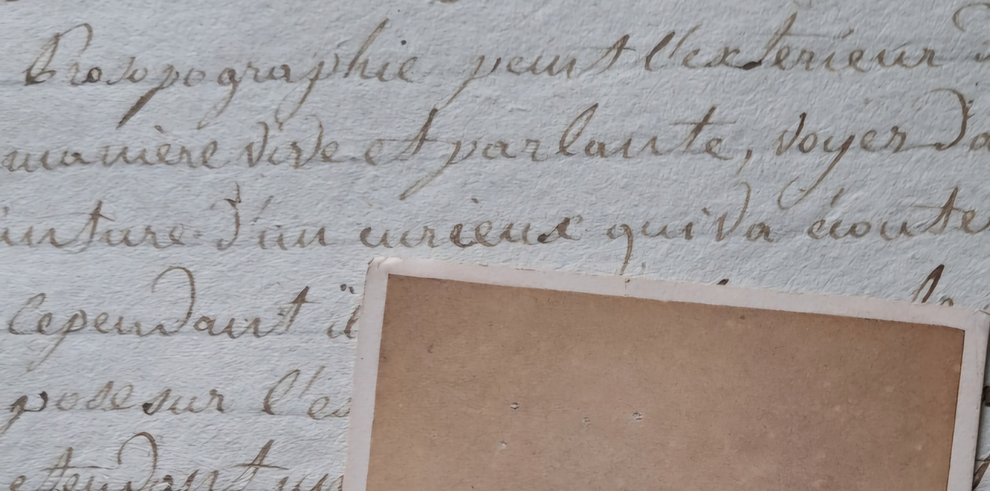Women, war and peace process. The Columbian case.
Seminar - Thursday, October 11th
Thursday
11
October
2018
4:30 pm
4:30 pm

Published at 11 October 2018





